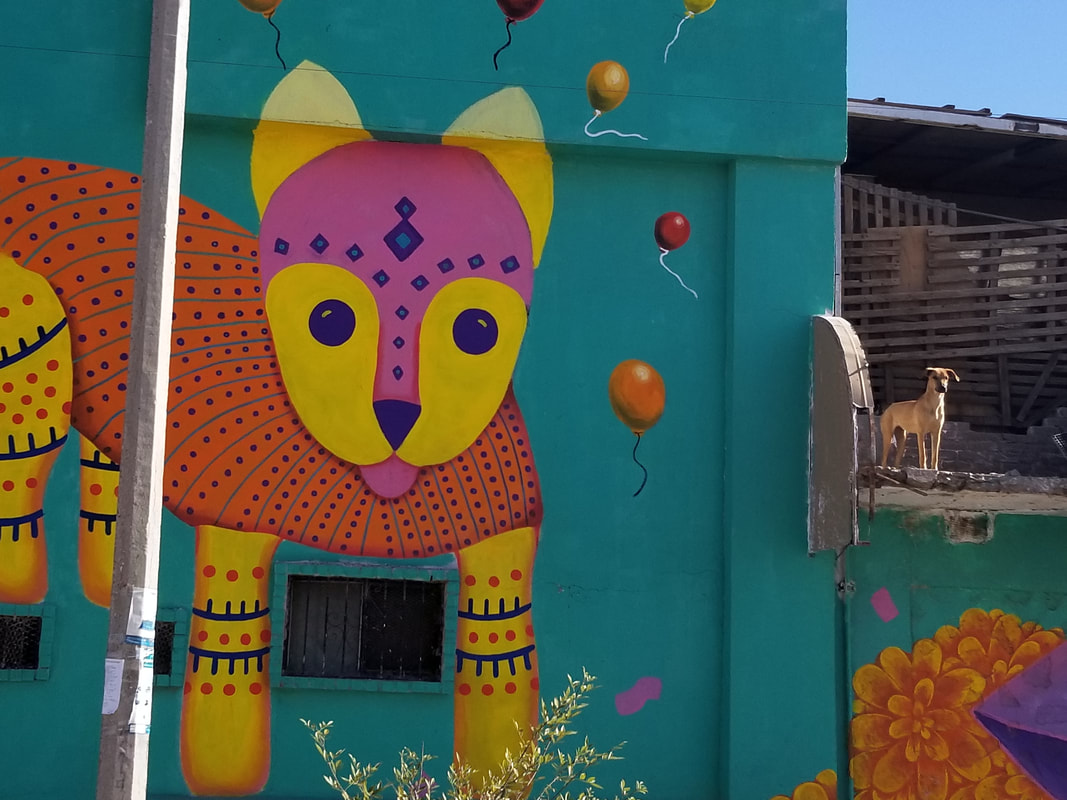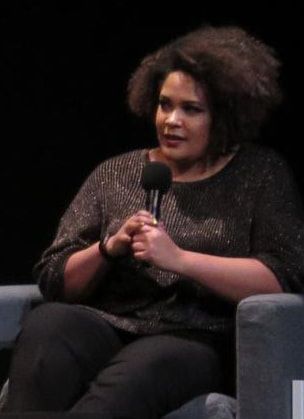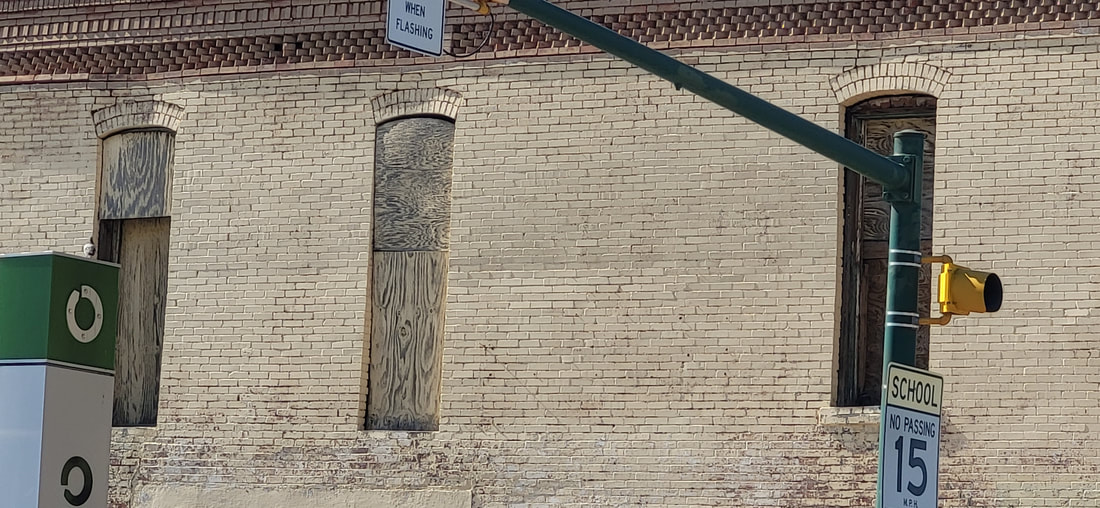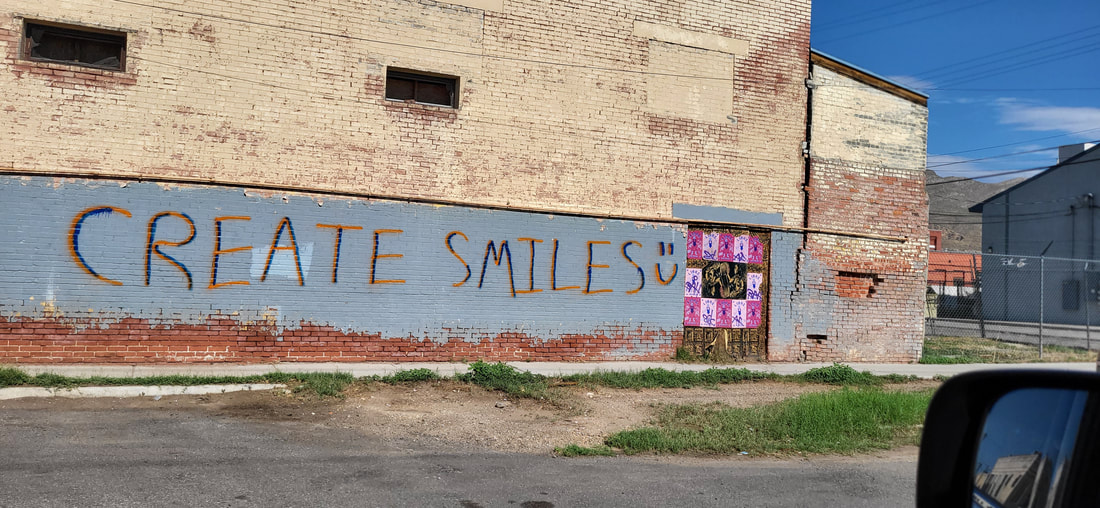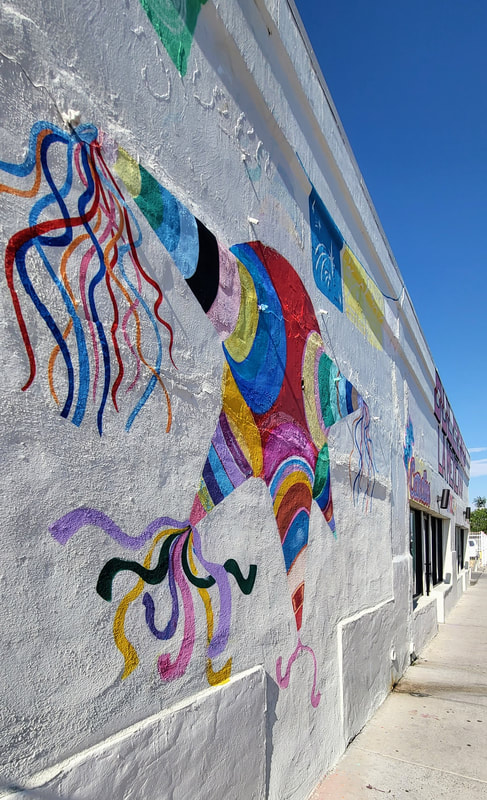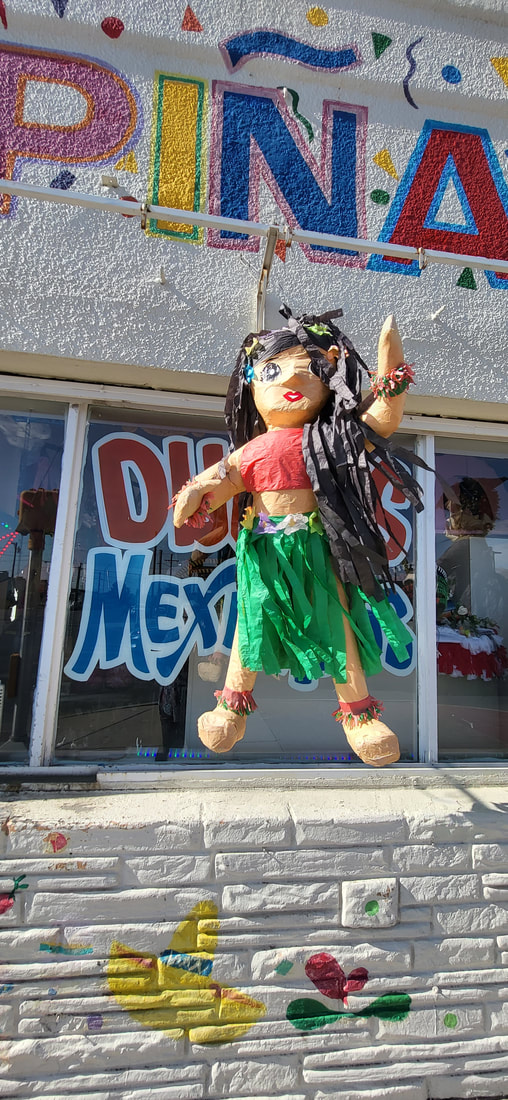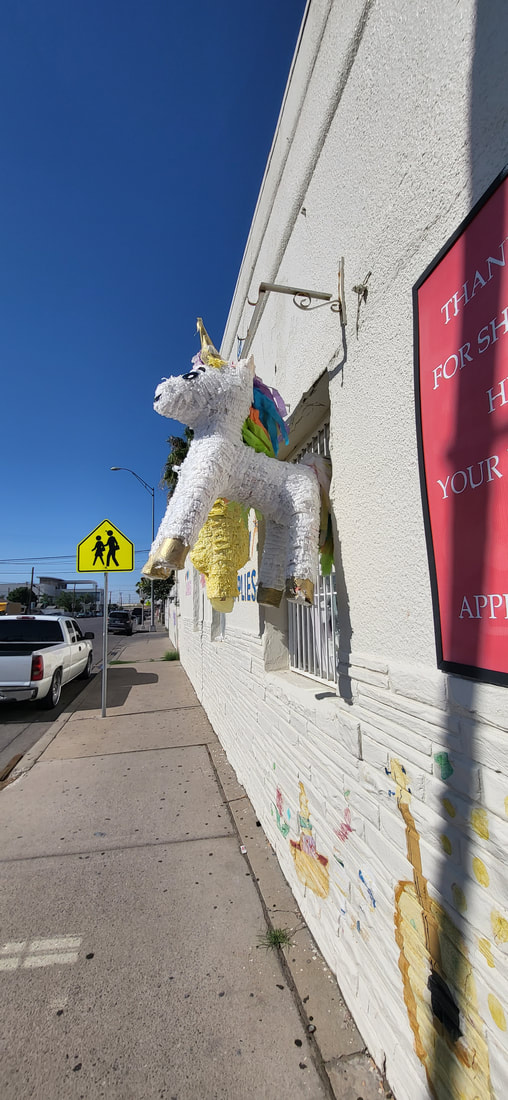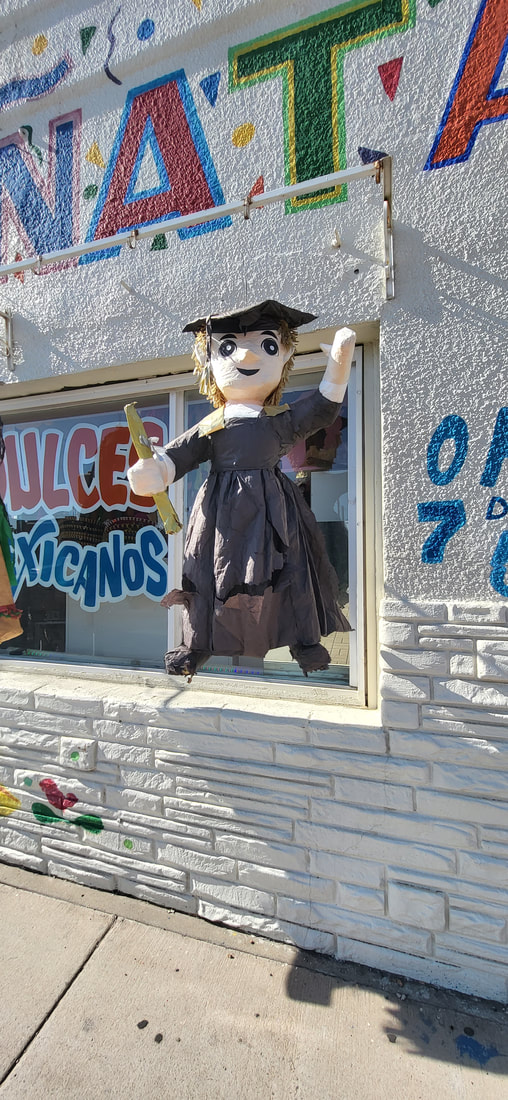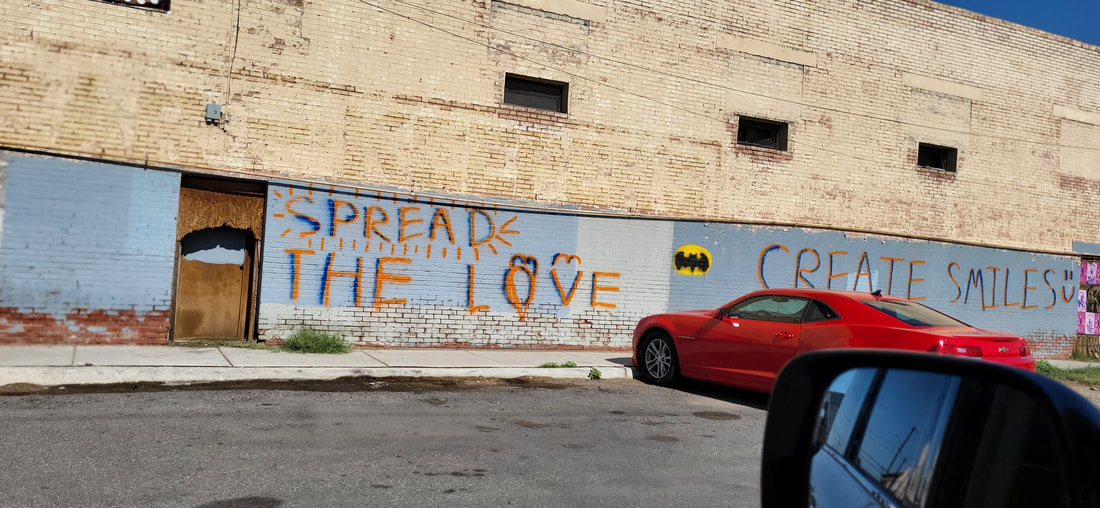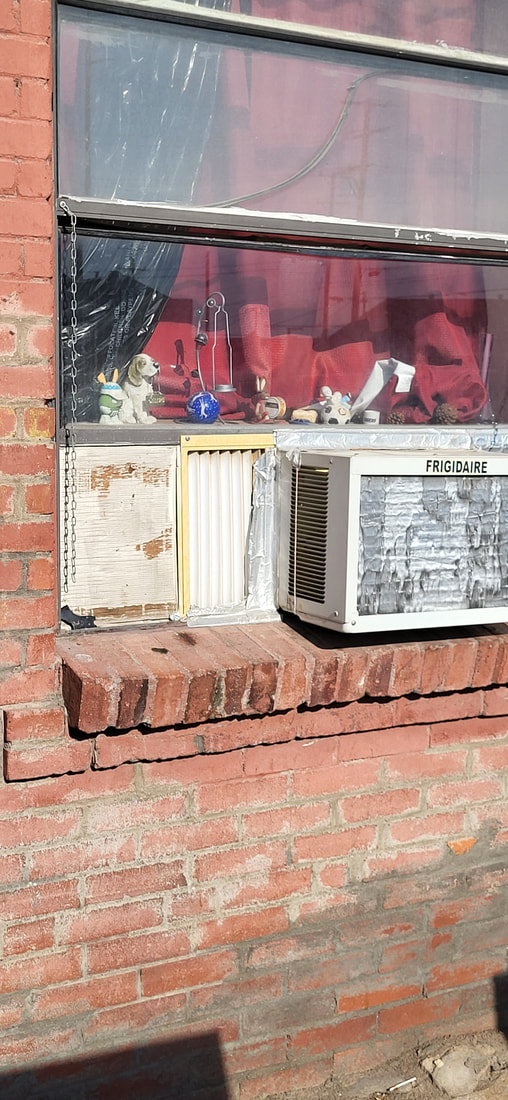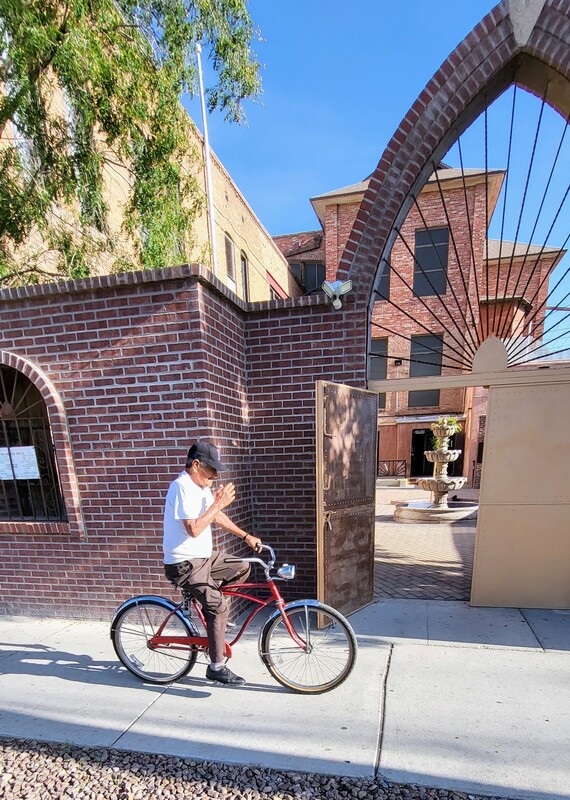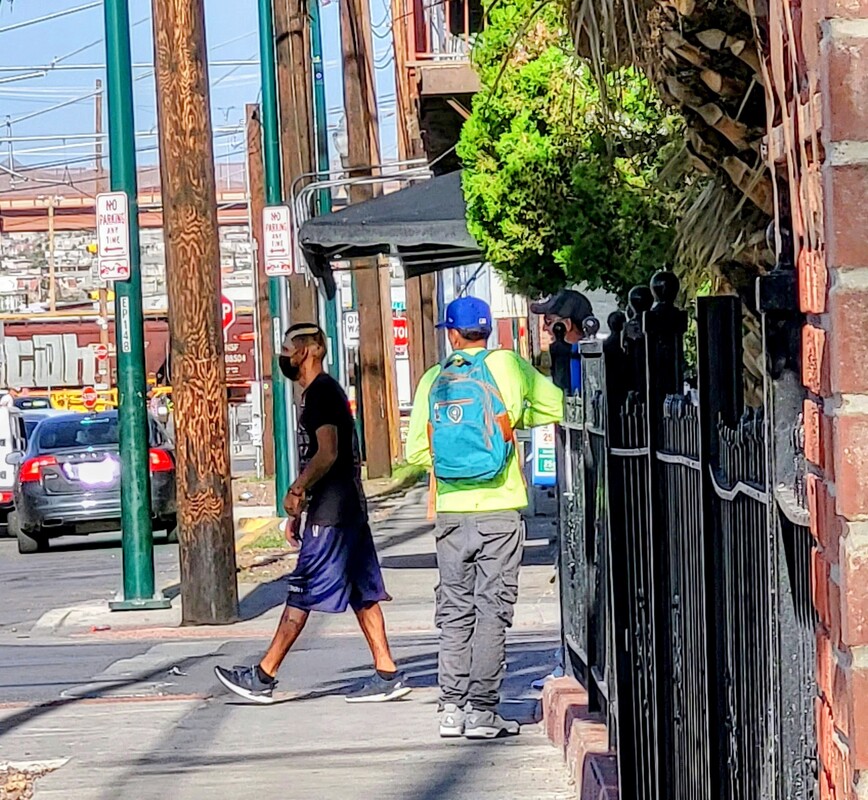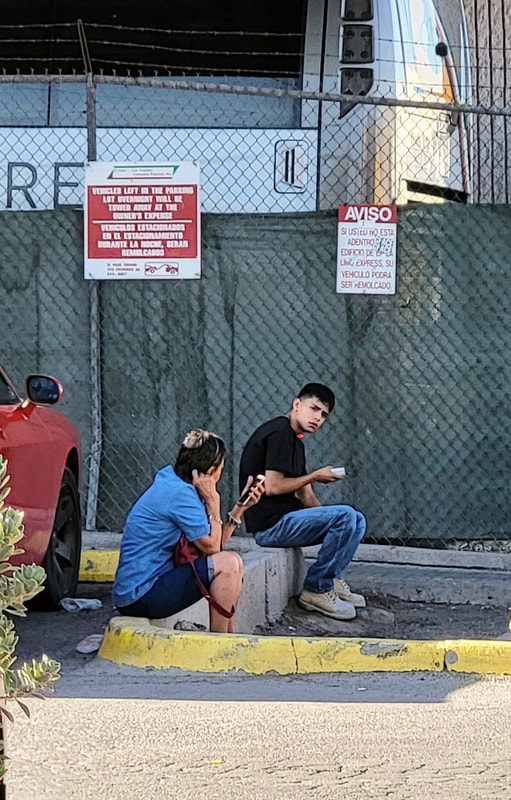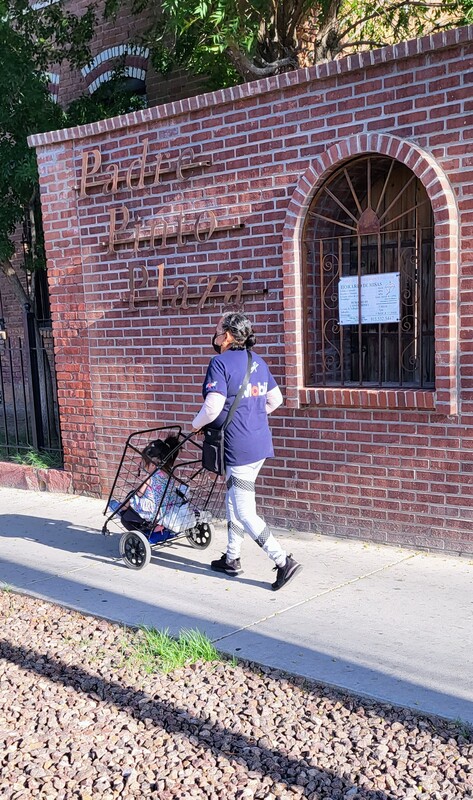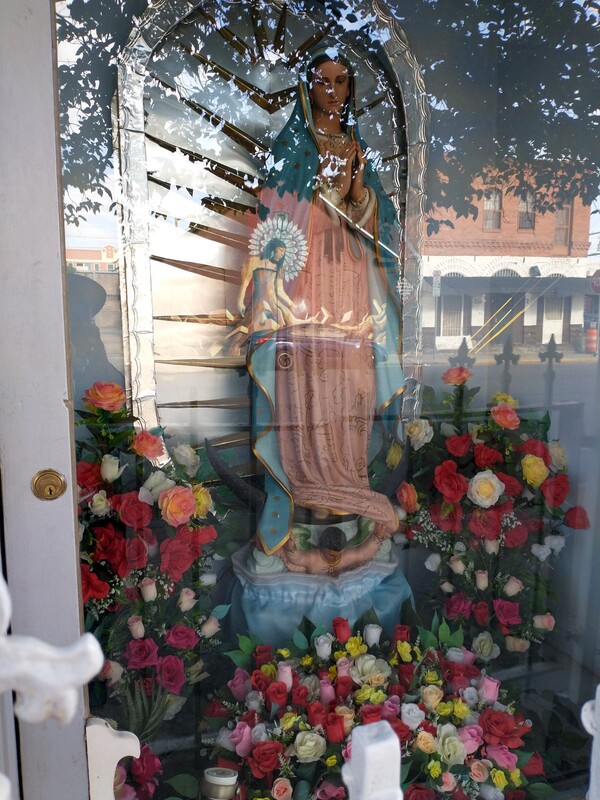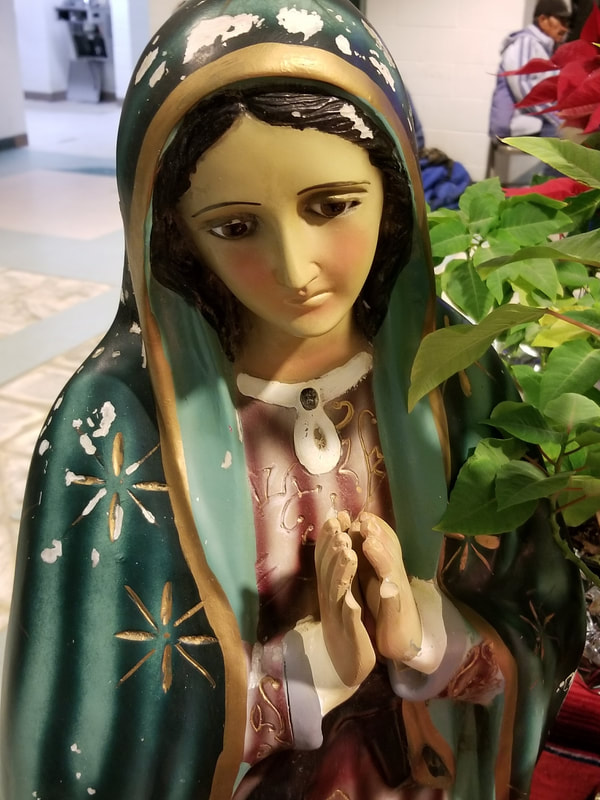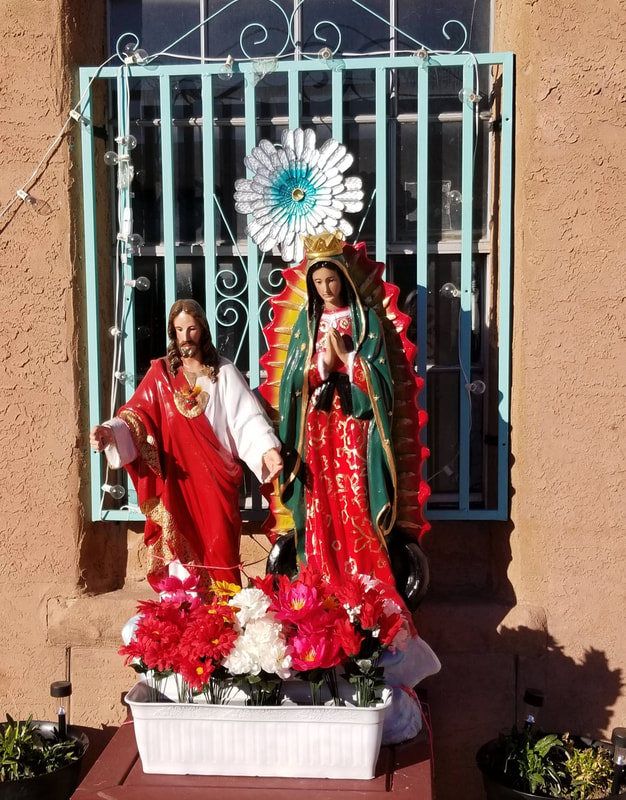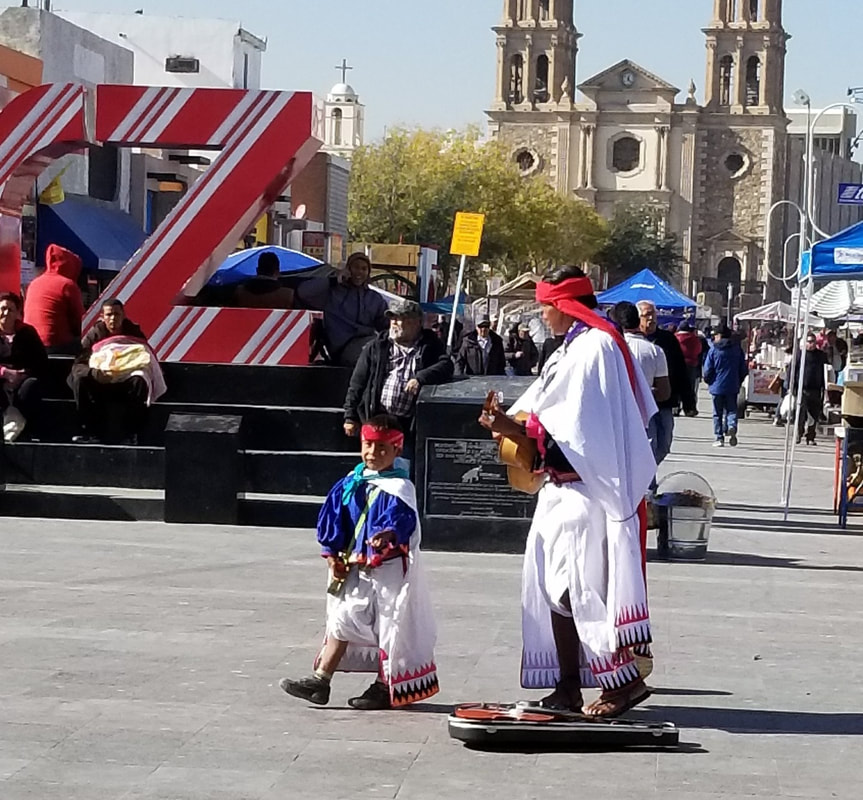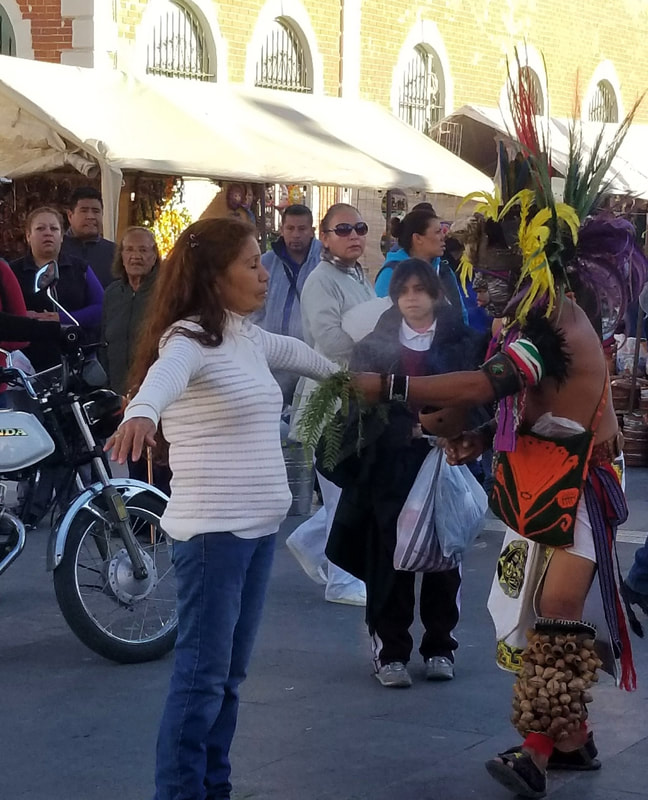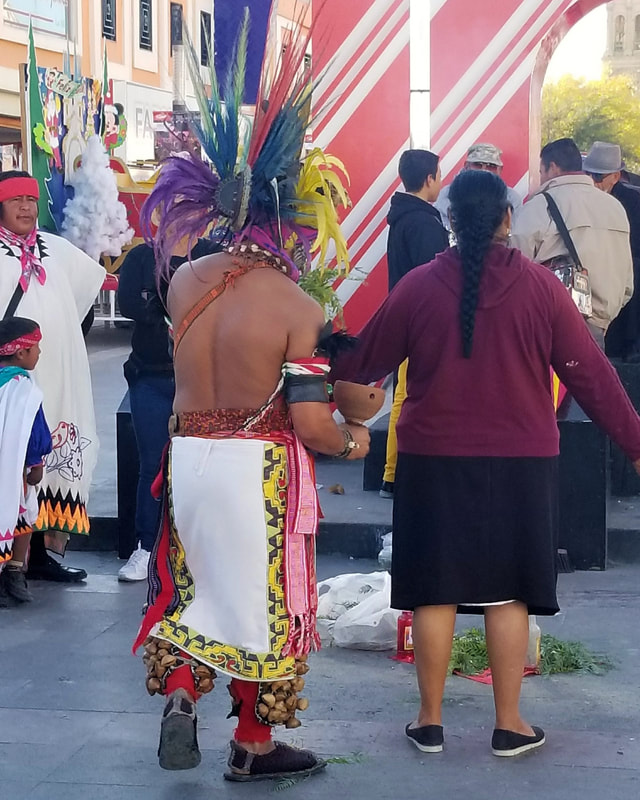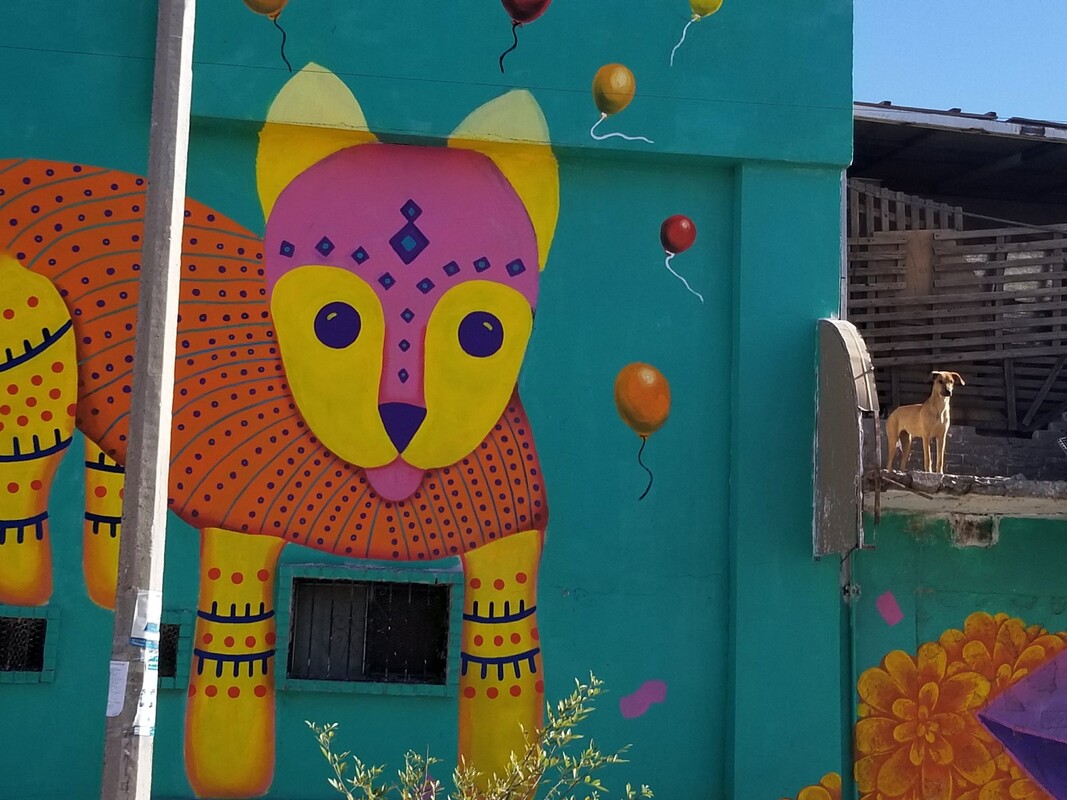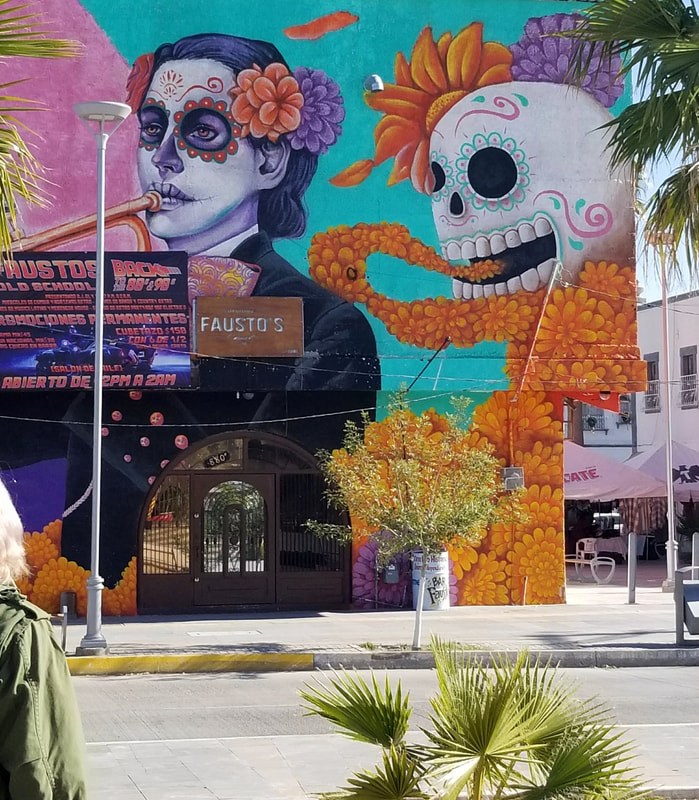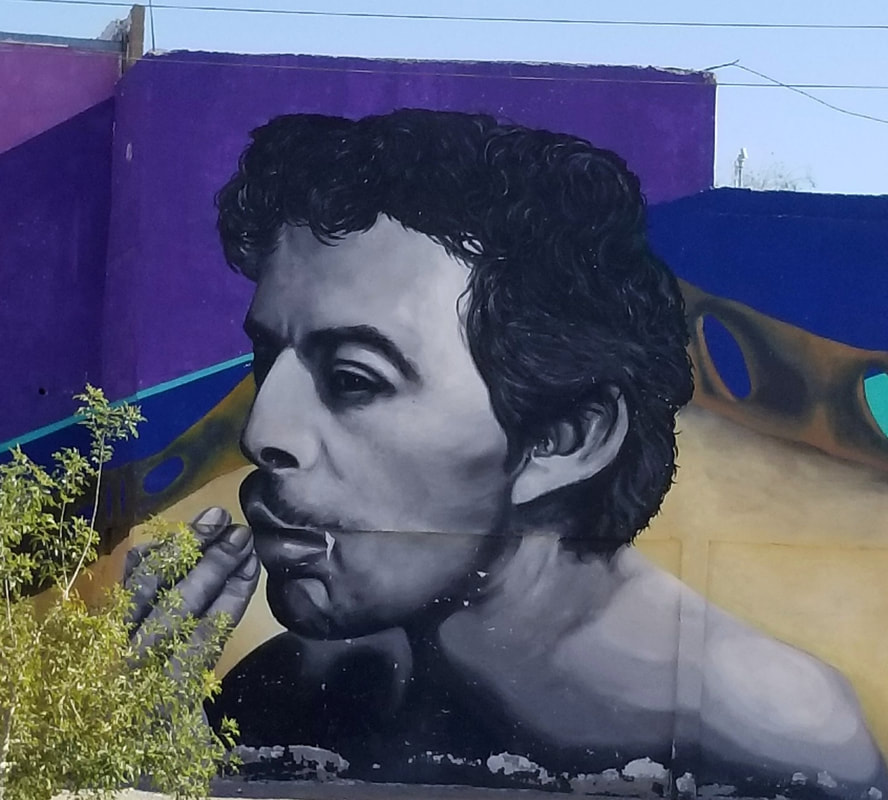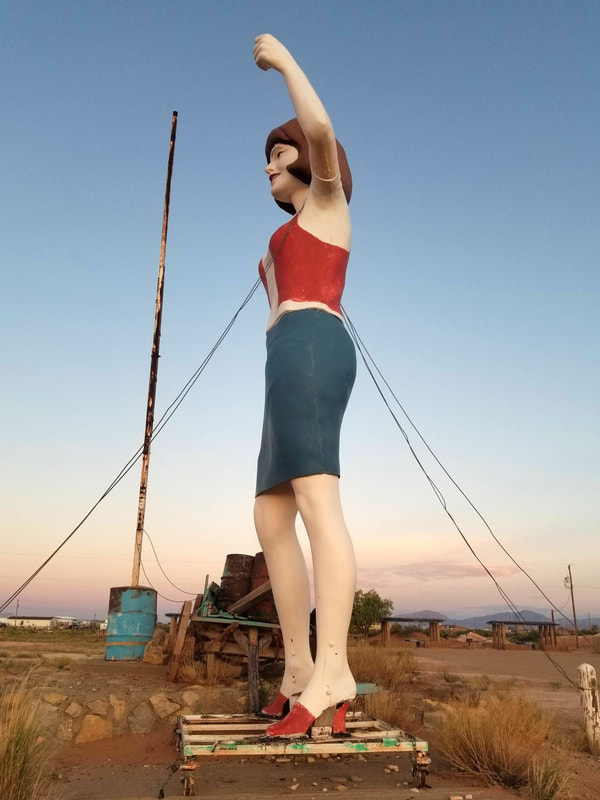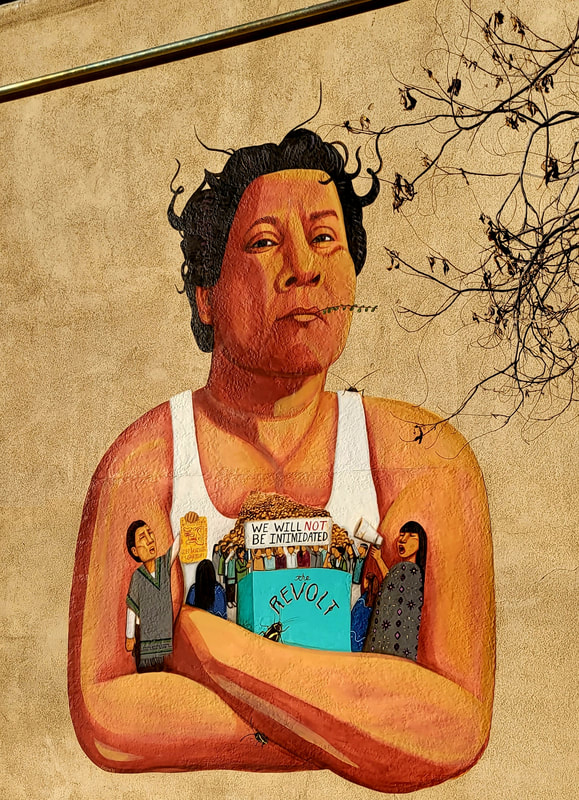|
Last month, a little over three weeks after the Walmart massacre, I stood in front of a packed room at my university and spoke about white supremacy. Everyone in that room had been affected directly or indirectly by the massacre. On the morning of August 3, a 21-year-old white supremacist opened fire at an eastside Walmart in my hometown, killing 22 and shooting another 24. He took the lives of people from both sides of the border, from ages 15 to 83. Witnesses said he walked into the Walmart confidently, calmly, like he had a mission, carrying his AK47 style weapon. He drove 650 miles from the Dallas area to kill Mexicans living on the border. He was a foot soldier for white supremacy. He hoped to be a martyr for white supremacy. In my talk, I asked what it meant if people whose words and actions reinforce white supremacy (like Trump) denounce white supremacy in the aftermath of an event like the Walmart massacre. I wanted to understand it beyond the obvious hypocrisy of such denunciations. I don't want to remain at the rolling my eyes stage when I hear Trump speak against white nationalism. I want to understand how criticisms of white supremacy by people like Trump actually serve to bolster the system of white supremacy, to make it invisible, to make us comfortable again. My questions drew an immediately backlash. Shortly after my talk, a blogger put a video of my talk on his page and consequently, a conservative online newspaper picked up the story. As soon as the video went up, I began to experience online harassment that has lasted weeks. The spamming and hacking have been time-consuming and irritating to deal with. Online harassment is a classic right-wing strategy to silence people. Doxing and swatting are extreme examples of this strategy. Journalist Ijeoma Oluo writes about the terrifying attacks she and her family have confronted because of her work on race. You can read about it here. What caught my attention the most, however, was a comment that harkened back to a time when physical violence was regularly used to silence Mexican Americans. Art Crosby, a frequent contributor to conservative websites, wrote: “Not too liong ago (she Wouldn’t of had that job in the 1st place) That would have earned her a trip to the nearest Tree.” (Typos and grammatical errors are in the original post.) “A trip to the nearest tree” taps into a long history of lynching Mexican origin people that has only recently come to light through the work of historians. Hundreds, perhaps thousands, of Mexican-origin people were lynched from the mid-19th century well into the 20th century. The "Refusing to Forget Project," and historical monographs The Injustice Never Leaves You by Monica Muñoz Martinez, The Lynching of Mexicans in the Texas Borderlands by Villanueva Jr., Nicholas, and Forgotten Dead: Mob Violence against Mexicans in the United States, 1848-1928 by William Carrigan and Clive Webb are among the investigations into anti-Mexican violence. "A trip to the nearest tree" is a horrifying reality. The violence also reminds me of the generations of women who have refused to be silenced. In the late 29th and early 20th centuries, journalists Ida B. Wells and Jovita Idár documented the violence against their communities despite threats of violence. Wells began investigating cases of lynching of Black men in the 1890s and immediately experienced death threats. Her newspaper, Free Speech, was destroyed. White supremacists forced Wells to leave Memphis but she continued her work in Chicago. Twenty years later, Jovita Idár wrote against lynching in South Texas. When the Texas Rangers showed up in 1914 to close down El Progreso, a newspaper that featured articles by Idár critical of President Wilson sending troops to the border, Idár stood up to them. You can listen to an oral history with her brother describing that day here. She continued her work despite the threats. History is filled with examples of Black and Brown women who have refused to be silenced in the face of violence and threats. I don’t want to romanticize it. It’s scary. Frustrating. Enraging. In these times of anonymous online trolls, it is terrifying. White supremacy fights to survive in any way it can and uses anyone it can to fight its battles.
But what choice do we have? To return to writer Ijeoma Oluo, “If you live in this system of white supremacy, you are either fighting the system or you are complicit.” There is no in-between. I don't want to be a martyr and I won't be scared into silence. Continuing to speak up is what I owe the women who came before me who faced threats because of their words and it is something I owe my grandchildren and their children.
0 Comments
|
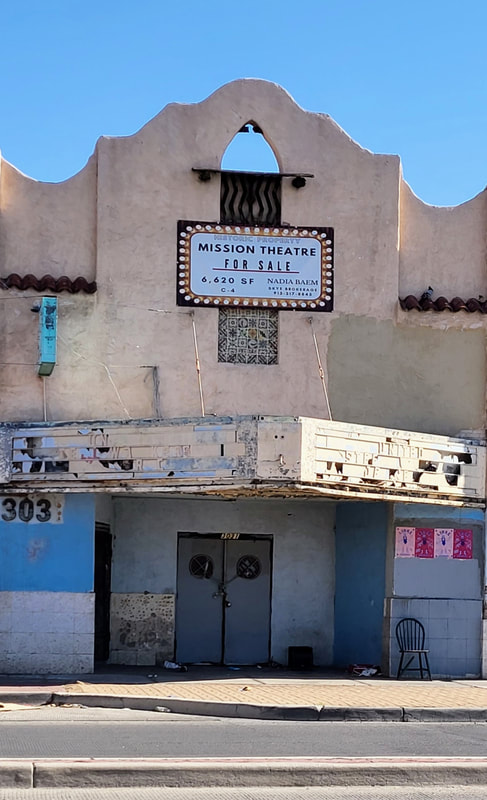
My father used to tell me about sneaking into this theater to watch movies as a kid in the 1910s. It showed Spanish language films. In the 1940s, it was transformed into a "whites only" theater but that didn't last long. By the 1950s, it was headquarters to the Mine, Mill, and Smelter Workers Union, a radical labor organization. Before it closed, it housed the Mine and Mill Bar.
Segundo Barrio
Father Rahm Street
July 2022
La Virgensita en la frontera
Cd Juarez downtown
December 2017
La Mariscal, Ciudad Juarez, 2017
Montana Vista 2019
El Centro July 2022
